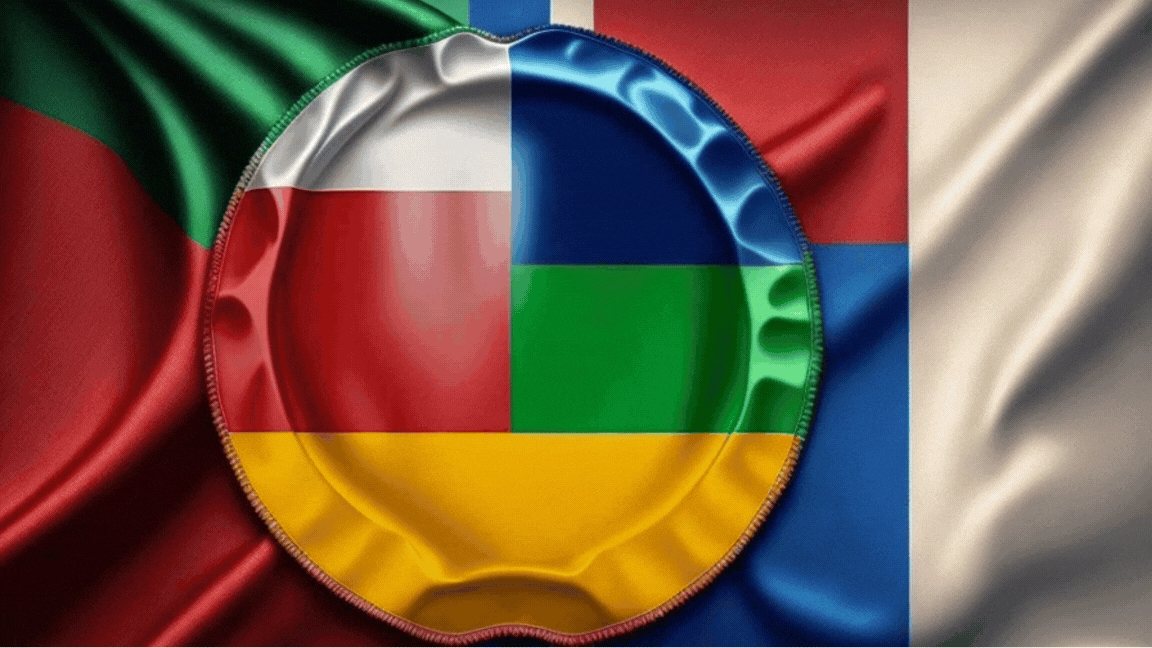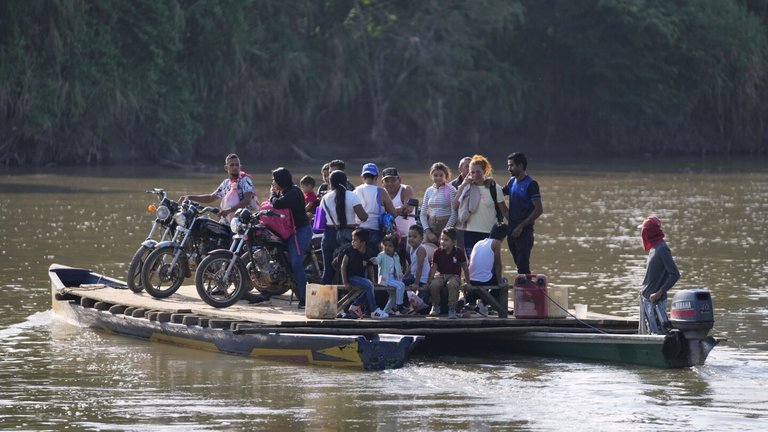
Colombia
The coffee-growing country continues to face a challenging situation with the insecurity crisis unleashed in the region of Catatumbo, Norte de Santander state, where clashes between the National Liberation Army and FARC-EP dissidents had already left some 80 dead according to the last balance shared at the beginning of this week. There are specific geographical points that have not yet been reached due to the intensity of the fighting and the directives of the armed groups, which even prevent the removal of the bodies. Have been for a long time certain areas in Colombia where the presence of the security forces is null or minimal, leaving the people naked before the rule of the guerrillas. The authorities reactivated Wednesday the arrest warrants against the top leaders of the ELN, accused of being the initiator and the most responsible for the worst acts as part of this new escalation of violence. The government claims that the intention of the continent's longest active guerrilla group was to take over the border, a strategic position to direct drug trafficking.
Thousands of citizens have fled to other locations in the state and also to Venezuela, whose government has taken advantage of the context to remind the Nariño House that it has big problems to deal with at home. “We pray for everything to calm down, to return to our ranches with our children, with the family. That is what we want and what we ask [the guerrillas] from our hearts,” says a mother who fled with her two daughters to the urban center of Ocaña. The displaced's drama is compounded by those confined against their will. The Catatumbo region includes Tibú, the place with the largest area under coca cultivation in the world. On Wednesday it was learned that authorities had seized just over 8 tons of cocaine in the strategic port of Buenaventura, on Colombia's Pacific coast. The drugs were destined for the port of Algeciras in Spain. In this first month of the year alone, 28 tons of cocaine have been intercepted in the South American country.
 Source
SourceThe Trump's immigration crackdown: Latam experiences
The 47th president's decision to “seal” the southwest U.S. border, introducing a de facto ban on asylum applications, has hit hard the emotional stability of dozens of migrants who were on their way to—or already in—Mexico, the last stop on the migration route to the United States. The saddest cases are those who had received the blessing of securing an appointment through the already dead CBP One app-powered federal program. There is, for example, that of a Venezuelan woman who last Tuesday would have crowned the so-called American dream. “I'm lost [...] I don't know what to do, where to go,” she told Reuters. “We were one day away,” said a Honduran migrant who would also have arrived at the U.S. border—in a planned manner—had it not been for Donald Trump's unflappable and restless pen. Despite the mogul's rhetoric, the Biden administration managed to contain the crisis at the border by appealing to various programs that provided legal options for migrants to arrive in the United States while tightening its stance on processing asylum applications for those found between official ports of entry.
Now there are hundreds of migrants who are betting on seeking refuge in the Aztec nation, not as elegant as the U.S., but in any case—according to them—much better suited than their respective countries to provide them with a dignified life. “Mexico is a great country [...], here you can live well. If there is a possibility, [we] stay in Mexico,” a Cuban told the French news agency AFP. President Claudia Sheinbaum has promised humanitarian assistance for third-country victims of Trump's harsh immigration policies, which would move between regularizing their legal status or repatriating. These two options for migrants are joined by the reinstated Migrant Protection Protocols Policy, better known as “Remain in Mexico.” If CBP One allowed migrants to enter and wait on U.S. soil for the resolution of their immigration case, the referred policy makes them wait in Mexico. “I hope [...] that Mr Trump's heart softens to help those who truly need it”, ventures to dream a young Mexican migrant who fled the forced recruitment to which he had been subjected in Michoacán.
Via X, worth readying all 👇
“I’m devastated,” Tinoco Lopez said. “It feels like a sense of instability, and I feel vulnerable and scared.”
— Kayla Guo (@kaylaguo_) January 22, 2025
Migrants at Texas border in shock after Trump canceled their asylum appointments
via @ujohnnyg @serrano_alej @TexasTribune: https://t.co/8UhTHdPMsu
Trump administration cancels travel for refugees already cleared to resettle in the UShttps://t.co/p1OgHxvoq2
— KMOX St. Louis News (@kmoxnews) January 23, 2025
Pentagon is sending 1,500 active duty troops to help secure the US-Mexico border https://t.co/JppO7qR4U6
— Gabriel Montoya™ (@Gabriel_Montoya) January 23, 2025
Trump steps up immigration crackdown, warns city, state officials against interference - https://t.co/PpjshAtUzB
— Jonathan Landay (@JonathanLanday) January 23, 2025
Trump's immigration crackdown leaves some families weighing risk of sending kids to school https://t.co/tzHt0jscVx
— WGN TV News (@WGNNews) January 22, 2025
And this is all for our report today. I have referenced the sources dynamically in the text, and remember you can learn how and where to follow the LATAM trail news by reading my work here. Have a nice day.

